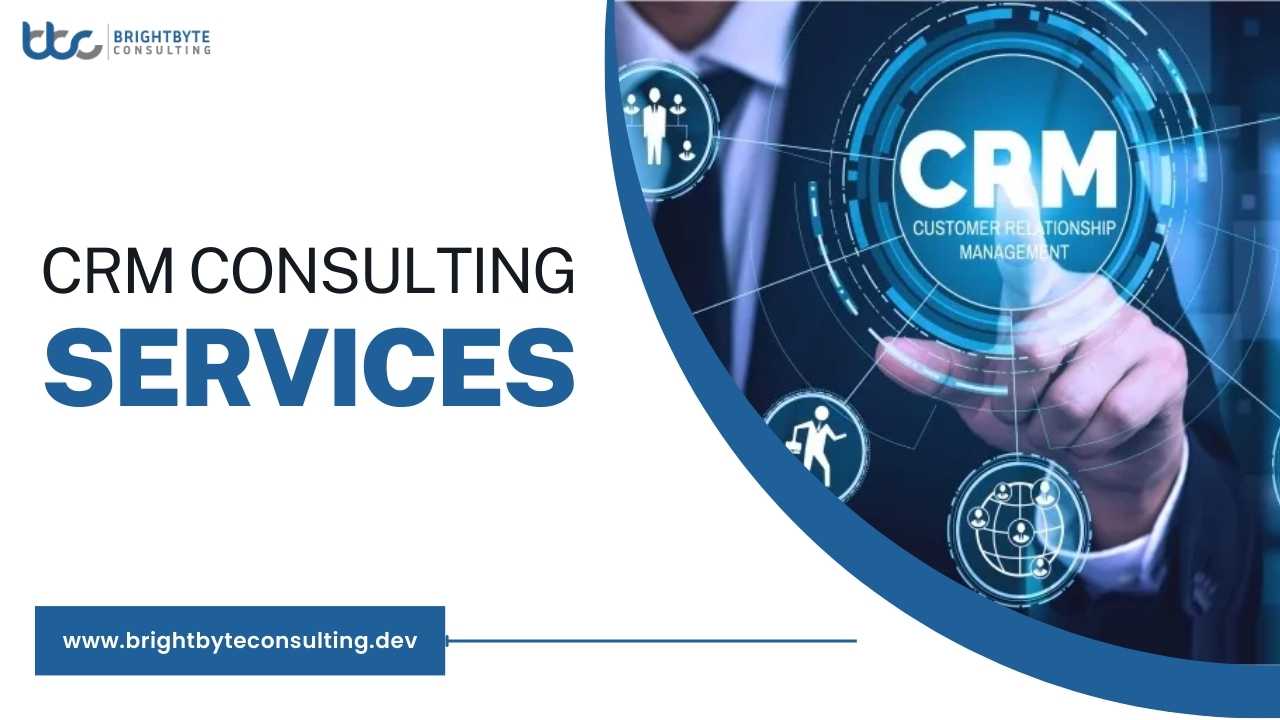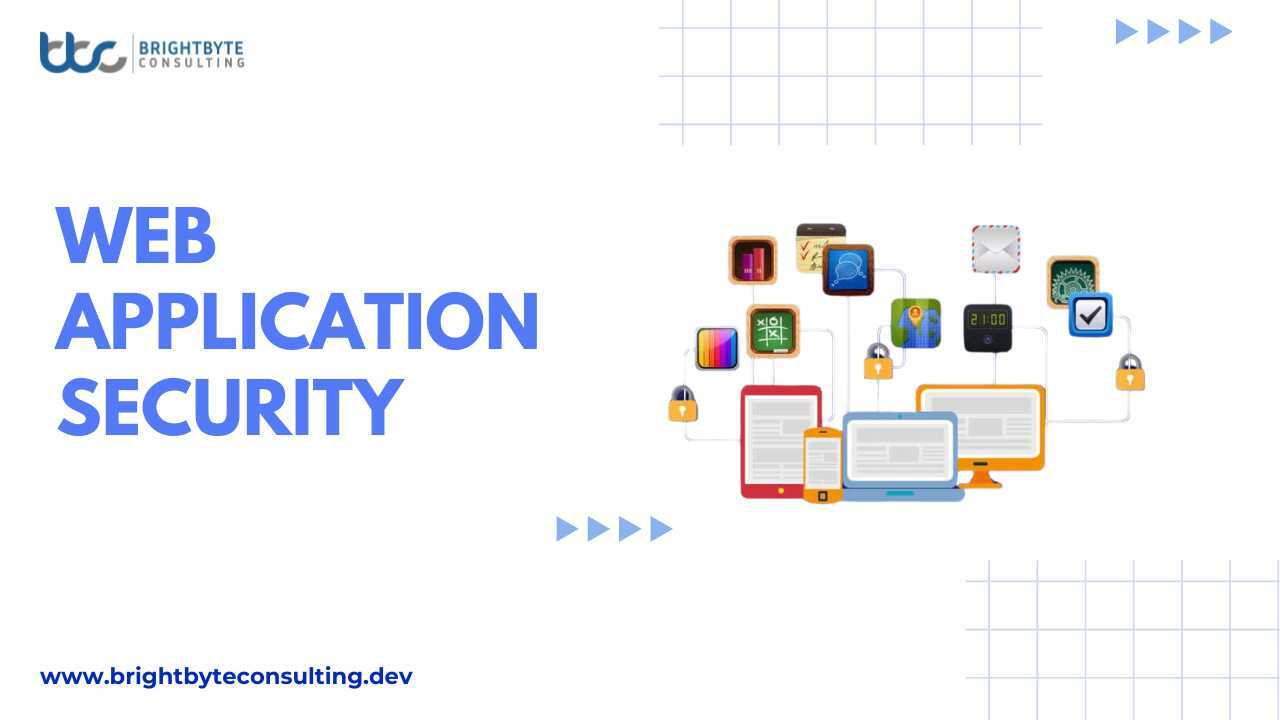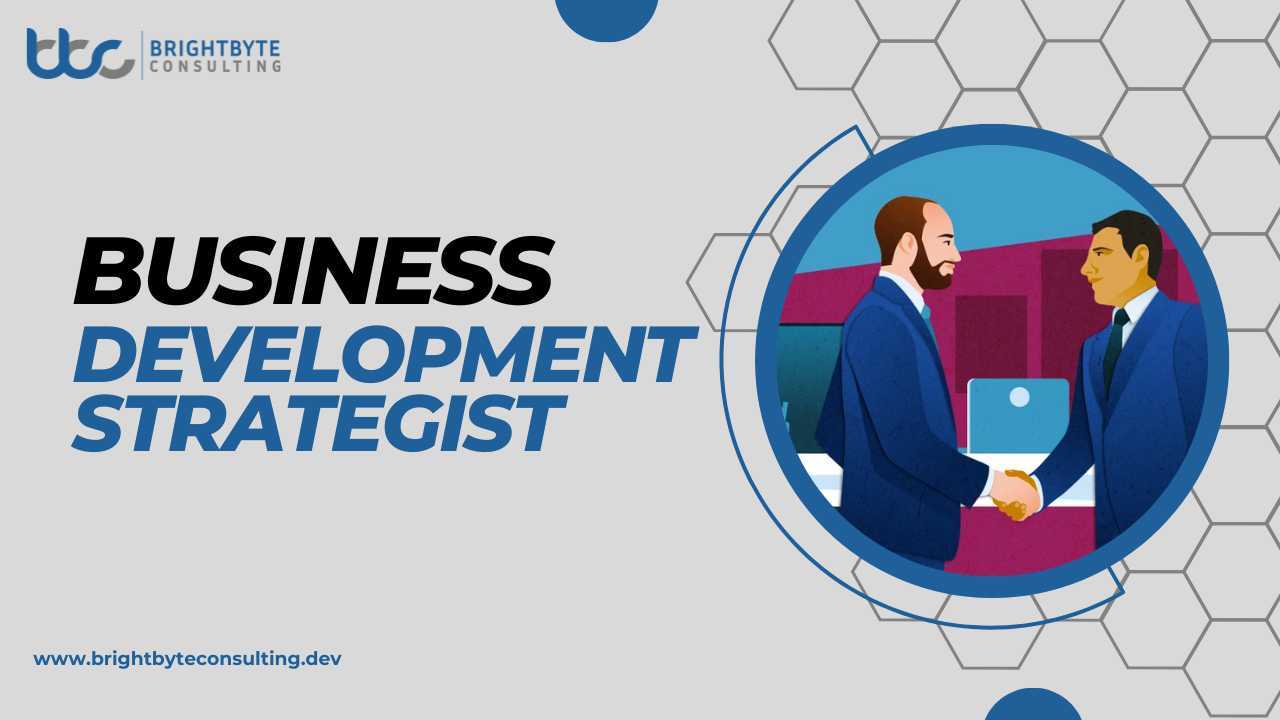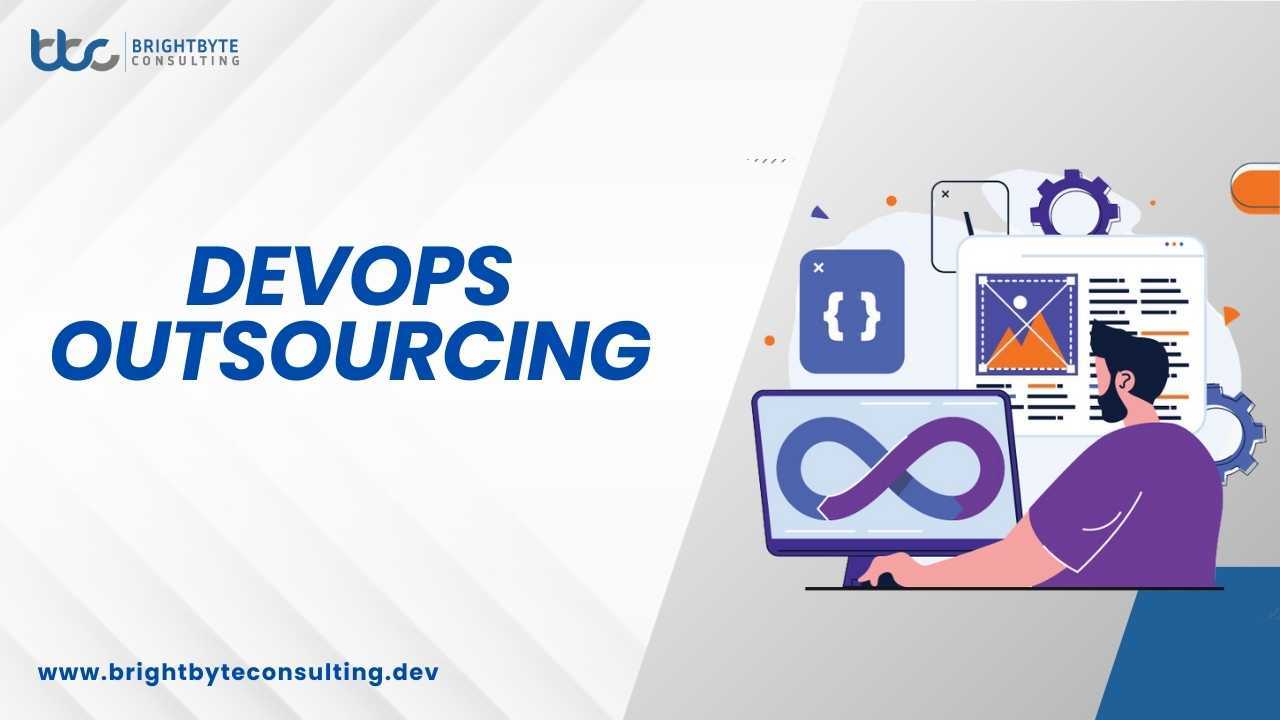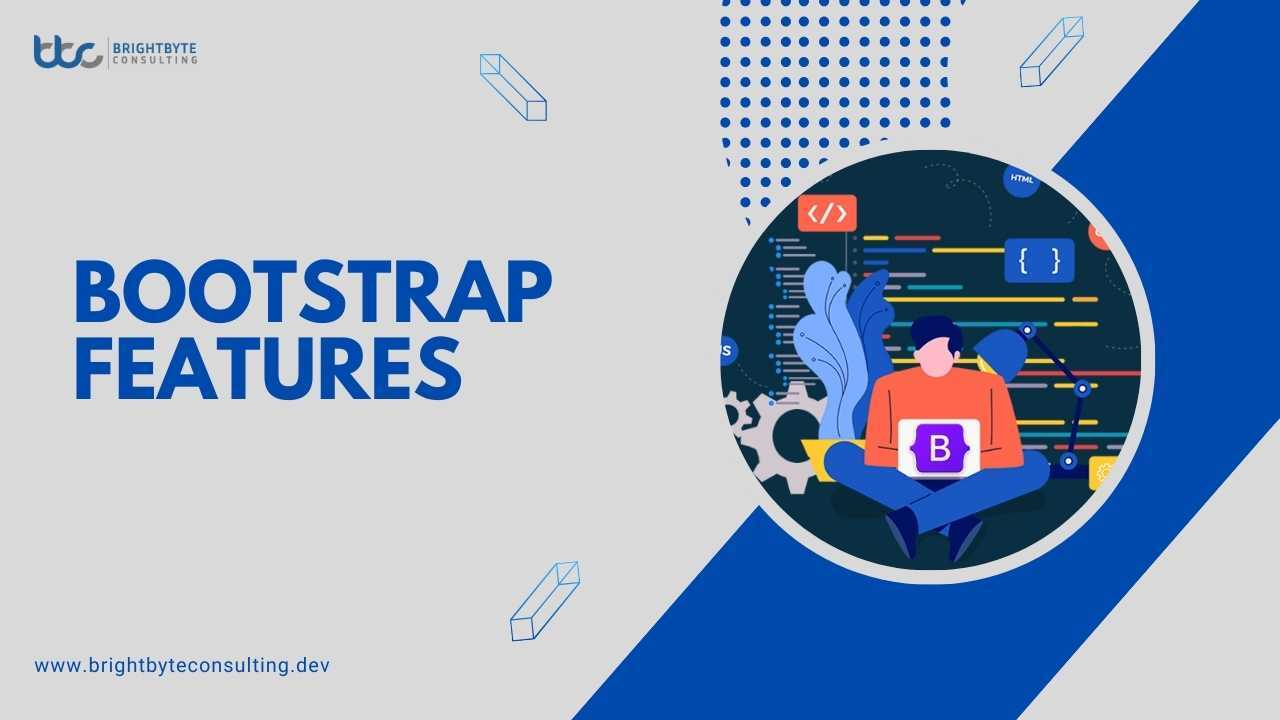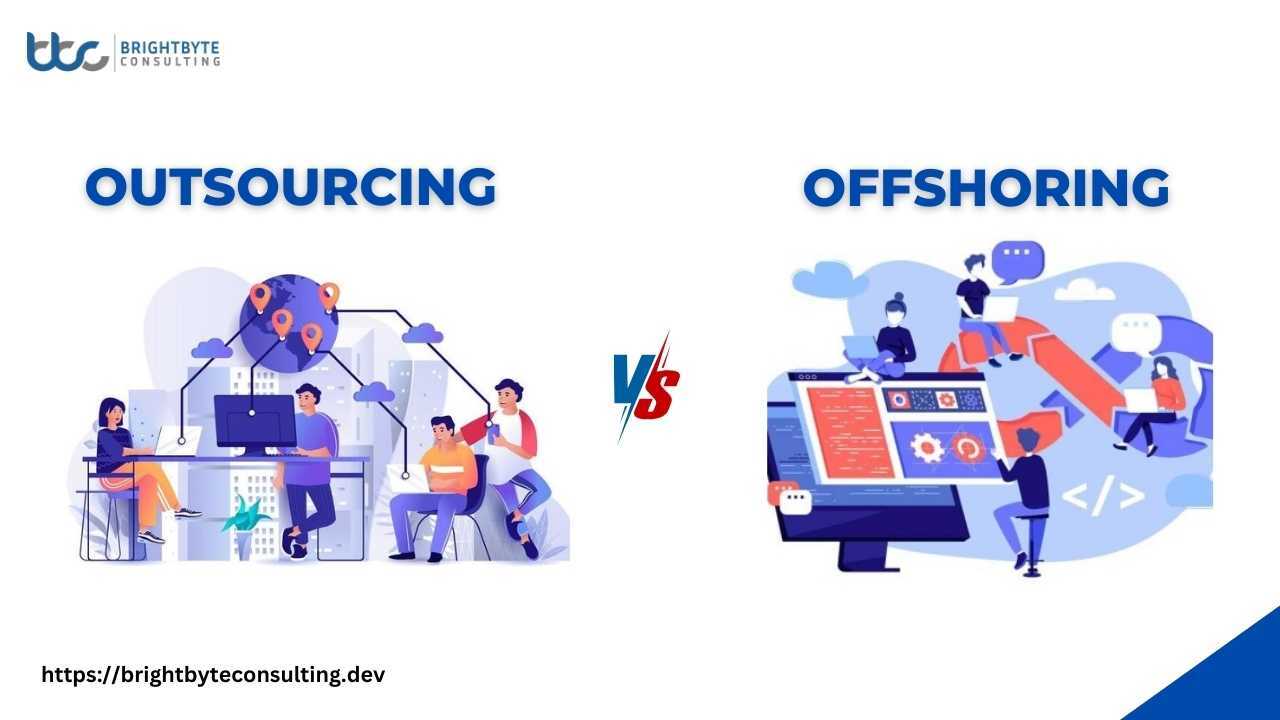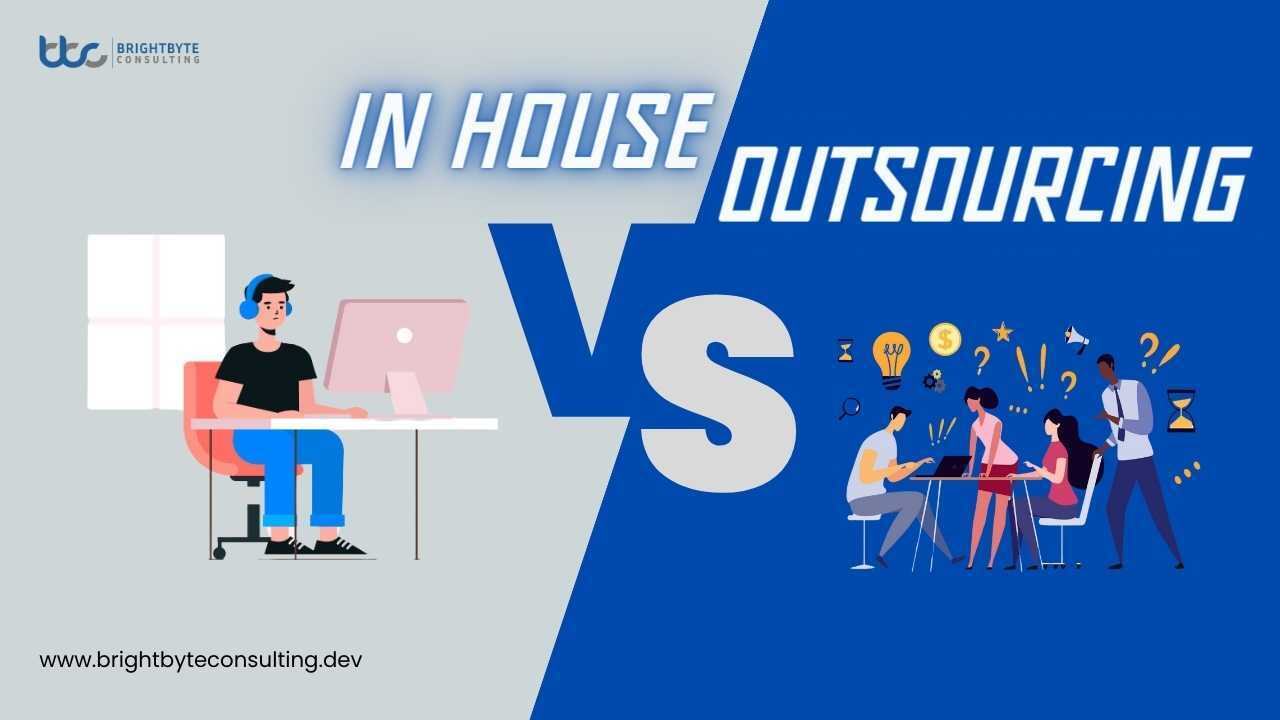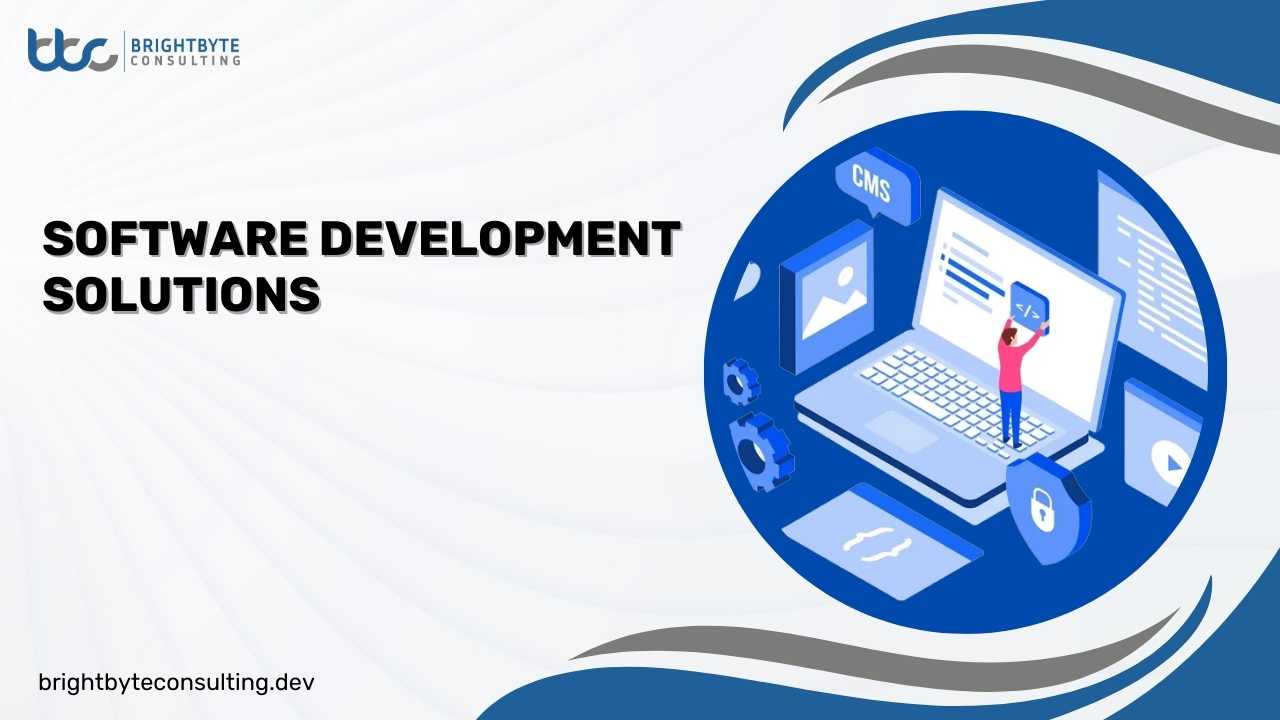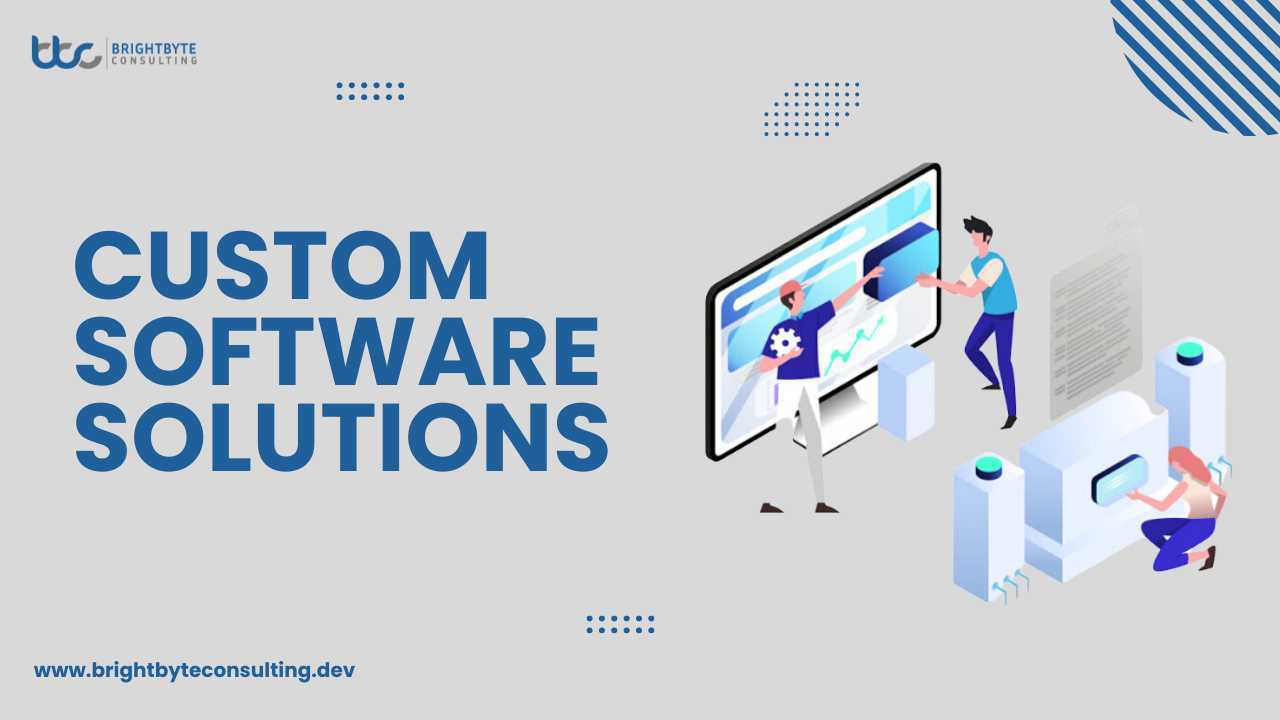In today’s dynamic business environment, Customer Relationship Management (CRM) consulting services have become indispensable for companies aiming to optimize their operations and customer interactions. These services offer tailored solutions to help businesses harness the power of CRM systems, driving growth and fostering lasting customer relationships.
What Is CRM?
CRM stands for Customer Relationship Management. It refers to a technology-driven strategy used by businesses to manage interactions and relationships with current and potential customers. CRM systems typically store customer data, track interactions across various channels. This includes emails, phone calls, social media, and in-person meetings, and provides insights to improve customer engagement and satisfaction. The primary goals of CRM are to enhance customer relationships, streamline sales and marketing processes, and drive business growth. CRM software often includes features such as contact management, sales automation, marketing automation, and customer service support.
Benefits of CRM Consulting Services
CRM consulting services offer numerous benefits to businesses seeking to optimize their customer relationship management processes. Some of the key benefits include:
Expertise and Guidance
CRM consultants bring specialized knowledge and experience to help businesses implement and optimize CRM systems. They offer guidance on best practices, industry standards, and emerging trends, ensuring that businesses make informed decisions tailored to their specific needs.
Customized Solutions
Consultants work closely with organizations to understand their unique requirements and challenges. They design customized CRM solutions that align with business goals, processes, and workflows, maximizing the effectiveness and ROI of CRM investments.
Improved Efficiency
CRM consulting services streamline processes, automate repetitive tasks, and eliminate bottlenecks, leading to increased operational efficiency. By optimizing workflows and leveraging CRM functionalities, businesses can save time and resources while improving productivity.
Enhanced Customer Insights
CRM consultants help businesses leverage CRM data to gain deeper insights into customer behavior, preferences, and trends. By analyzing customer data, businesses can identify patterns, anticipate needs, and personalize interactions, leading to higher customer satisfaction and loyalty.
Seamless Integration
Consultants ensure seamless integration of CRM systems with existing technologies and processes. Integrating CRM with ERP, marketing automation, and e-commerce platforms businesses can centralize data and streamline operations across departments.
Ongoing Support and Training
CRM consulting services provide comprehensive support and training to help businesses maximize the value of their CRM investments over time. Consultants offer training sessions, user guides, and ongoing support to ensure that employees can effectively use CRM tools and functionalities.
Scalability and Flexibility
CRM consulting services offer scalable solutions that can grow and evolve with businesses over time. Consultants help businesses choose CRM platforms that are flexible and adaptable to changing needs, allowing for seamless expansion and customization as the business grows.
Competitive Advantage
By implementing CRM solutions tailored to their needs, businesses gain a competitive edge in the market. CRM consulting services enable businesses to deliver superior customer experiences, optimize sales and marketing efforts, and stay ahead of competitors in an increasingly competitive landscape.
Selecting the Right CRM Consulting Partner
- Evaluating Expertise: Businesses should assess consultants’ experience, track record, and industry knowledge to ensure compatibility with their unique needs and objectives.
- Alignment with Business Goals: Choose consulting partners that understand and prioritize your business goals, offering tailored solutions that drive tangible results.
- Commitment to Support: Look for consultants who provide comprehensive support, training, and ongoing guidance to maximize the value of CRM investments over time.
Conclusion
CRM consulting services serve as catalysts for business growth and customer engagement in today’s competitive landscape. By leveraging the expertise of experienced consultants, organizations can unlock the full potential of CRM systems, driving operational efficiency, fostering customer loyalty, and achieving sustainable success. With the right consulting partner, businesses can navigate the complexities of CRM implementation with confidence, positioning themselves for long-term growth and profitability.
FAQs
What does CRM stand for?
CRM stands for Customer Relationship Management.
What are the primary goals of CRM?
The primary goals of CRM are to enhance customer relationships, streamline sales and marketing processes, and drive business growth.
What features are commonly found in CRM software?
Common features of CRM software include contact management, sales automation, marketing automation, and customer service support.
How do CRM consulting services benefit businesses?
CRM consulting services offer expertise and guidance, customized solutions, improved efficiency, enhanced customer insights, seamless integration, ongoing support and training, scalability and flexibility, and a competitive advantage.
How should businesses select the right CRM consulting partner?
Businesses should evaluate consultants’ expertise, track record, and industry knowledge, ensure alignment with their business goals, and consider the level of support and guidance offered by the consulting partner.

